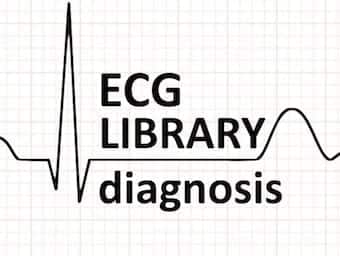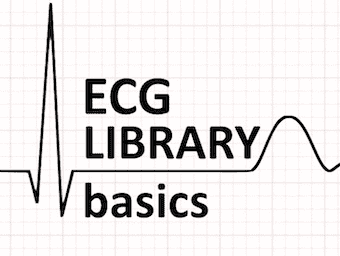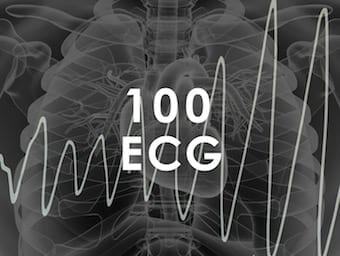
Hypokalaemia
Hypokalaemia causes typical ECG changes of widespread ST depression, T wave inversion, and prominent U waves, predisposing to malignant ventricular arrhythmias

Hypokalaemia causes typical ECG changes of widespread ST depression, T wave inversion, and prominent U waves, predisposing to malignant ventricular arrhythmias

Isolated low serum Mg levels are associated with atrial depolarisation and ventricular repolarisation abnormalities, predisposing to ventricular arrhythmias

Part five of a 5 part lecture series on ECG/EKG Interpretation with Dr Theo Sklavos and cardiologist A/Prof William Wang.

51 yr old female who presented with chronic vomiting. She has a history of rheumatoid arthritis and paroxysmal atrial fibrillation. Her medications include sotalol and rivaroxaban.

Two quick ECG problems for you this week. See if you can spot the common thread. This potassium with hyperkalemia, hypokalaemia

Hypokalaemic Periodic Paralysis; rare channelopathy; muscle weakness/paralysis with a matching fall in K+ levels; starts in adolescence; weakness may be mild -> full body paralysis

Hypokalaemia: the most common electrolyte abnormality in hospitalised patients; mostly caused by drugs and GI disease

It’s a busy night shift in the ED (as always) and one of the Interns comes to present a case to you. He’s seen a 23 yr old female who has presented with lethargy and weakness. While you're listening to the Intern your phone rings — it's the lab calling to tell you the patient’s potassium is 1.9 mmol/L.

A 50 year old Chinese female presents with severe weakness. She has a history of previous similar episodes that self-resolved. What's going on?

A 5 year old boy presents vomiting and diarrhoea. He is very weak, to the point where he's been having trouble standing up. hypokalemia

30-year old patient presenting with generalised weakness. Describe and interpret this ECG. Hypokalaemia